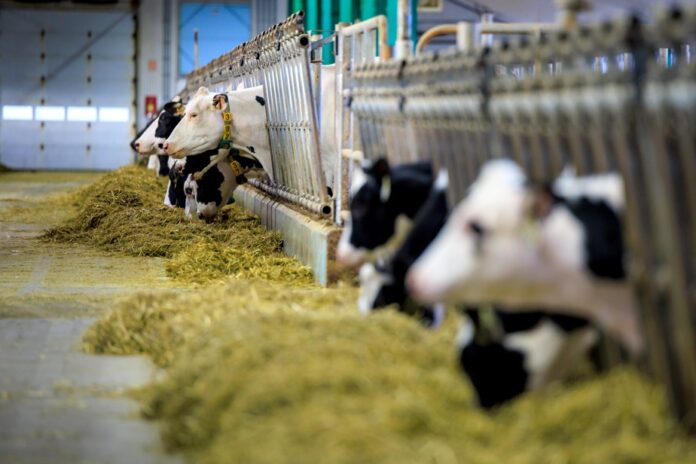(OTTAWA) A Trans-Pacific Partnership Agreement dispute panel finds that some Canadian dairy sector import quotas violate Ottawa’s commitments to countries like New Zealand.
Ottawa speaks rather of a “real victory”, since this decision confirms that Canada has a certain latitude to control imports of dairy products, under its supply management.
The Comprehensive and Progressive Agreement for Trans-Pacific Partnership provides for the imposition of certain quotas that allow other countries to export dairy products to member countries at preferential tariff rates — these are referred to as “tariff quotas”.
However, New Zealand claimed that with its “tariff quotas”, Canada limits its quotas to protect its dairy processors, who operate under “supply management”, according to Canadian needs. This management provides for Ottawa to regulate the price and supply of products such as milk and cheese.
New Zealand argues that its dairy sector has lost the equivalent of $96 million in revenue in the Canadian market over the past three years because the Canadian government “effectively prevented” the New Zealand dairy industry from Zealand to increase its exports to Canada.
In its report released on Tuesday, the Trans-Pacific Partnership Agreement dispute settlement panel said it agreed with part of New Zealand’s complaint, filed in May 2022. The panel therefore orders in Canada to change the way it uses its “tariff quotas”.
“This is an important recognition that our exporters have not had fair access to the Canadian market, consistent with what we negotiated and paid for under the Trans-Pacific Agreement,” wrote the high commissioner of New Zealand to Canada, Martin Harvey, in a statement.
“The outcome of the panel process leaves Canada with no choice but to finally make TRQs available to market participants who have an incentive to use them,” Mr. Harvey wrote.
Australia and Japan had filed briefs in support of New Zealand, while Mexico, Peru and Singapore also expressed interest in opposing Canada’s use of these dairy quotas.
The dispute settlement report released on Tuesday sided with New Zealand on two complaints: it found it could not use Canadian quotas, and acknowledged that Canada was giving priority access to its own processors. dairy. The group, however, rejected two other New Zealand arguments.
The report notes that it is “instructive” that Washington won a separate challenge, but on similar grounds, to a dispute under the Canada-United States-Mexico Agreement ( ACEUM), which replaced NAFTA.
Canadian International Trade Minister Mary Ng did not admit Ottawa’s setbacks on this file. Instead, she called it a “true victory,” because the decision recognizes that Canada has some leeway in how it implements the Trans-Pacific Trade Agreement.
“It confirms that Canada has the discretion to allocate TRQs, and that’s really important to us,” Ng told reporters Wednesday in Jakarta.
The influential Canadian dairy lobby, which says it is disappointed with the decision, is asking the Canadian government to see if it could not also file complaints against New Zealand.
“We are now calling on the Federal Government to undertake a thorough review of the measures the New Zealand government has put in place to support its dairy sector to ensure they are in line with its international trade obligations,” the President wrote. of Dairy Farmers of Canada, David Wiens, in a press release.















